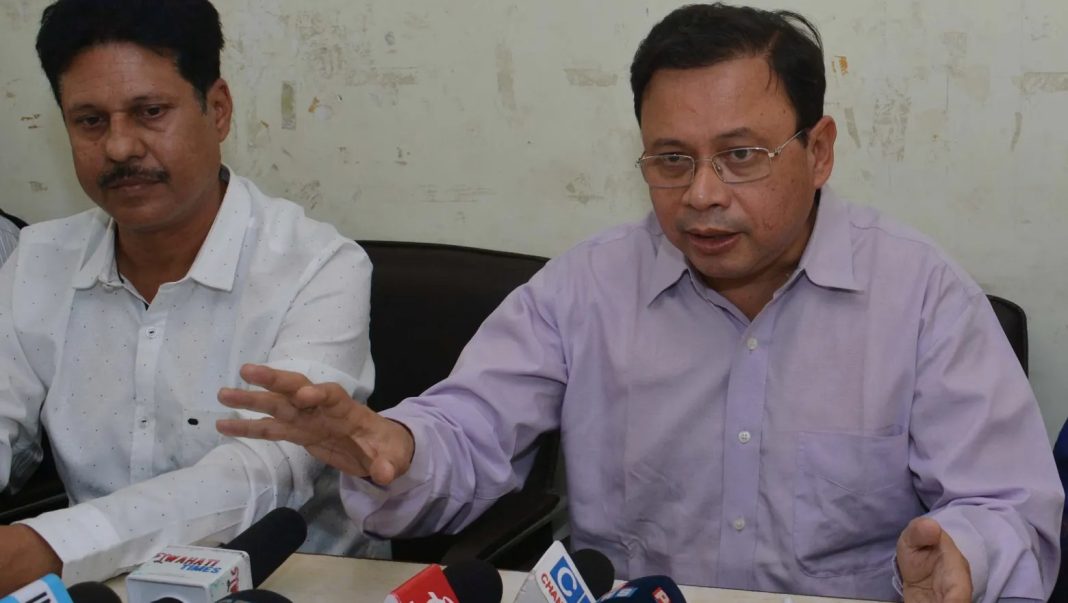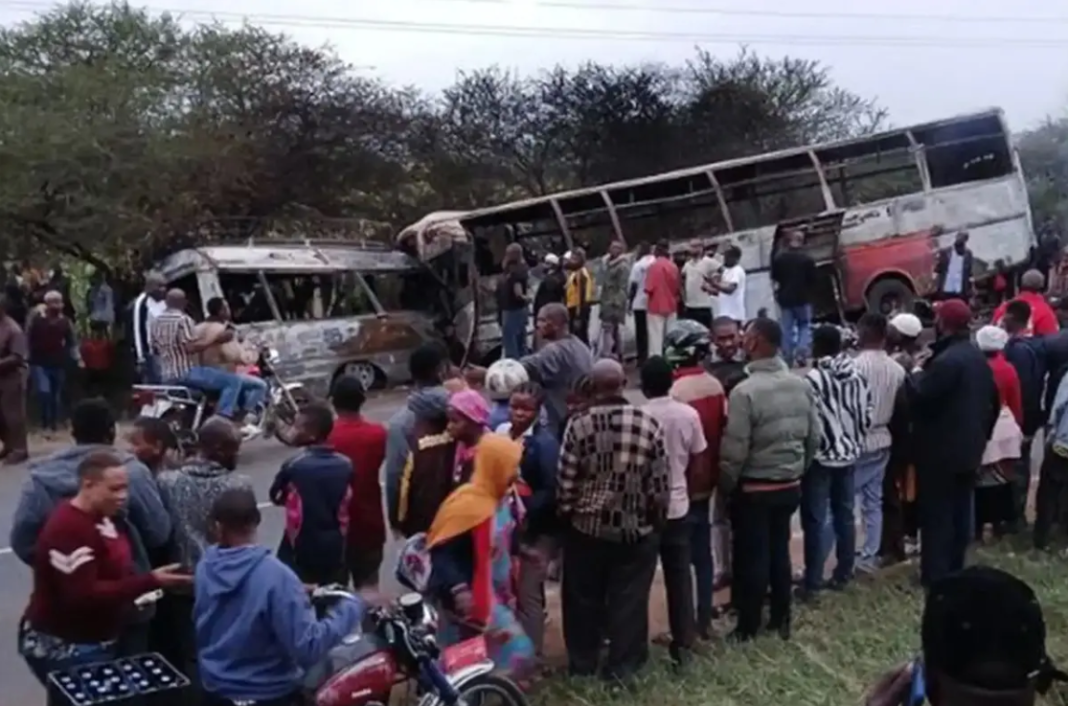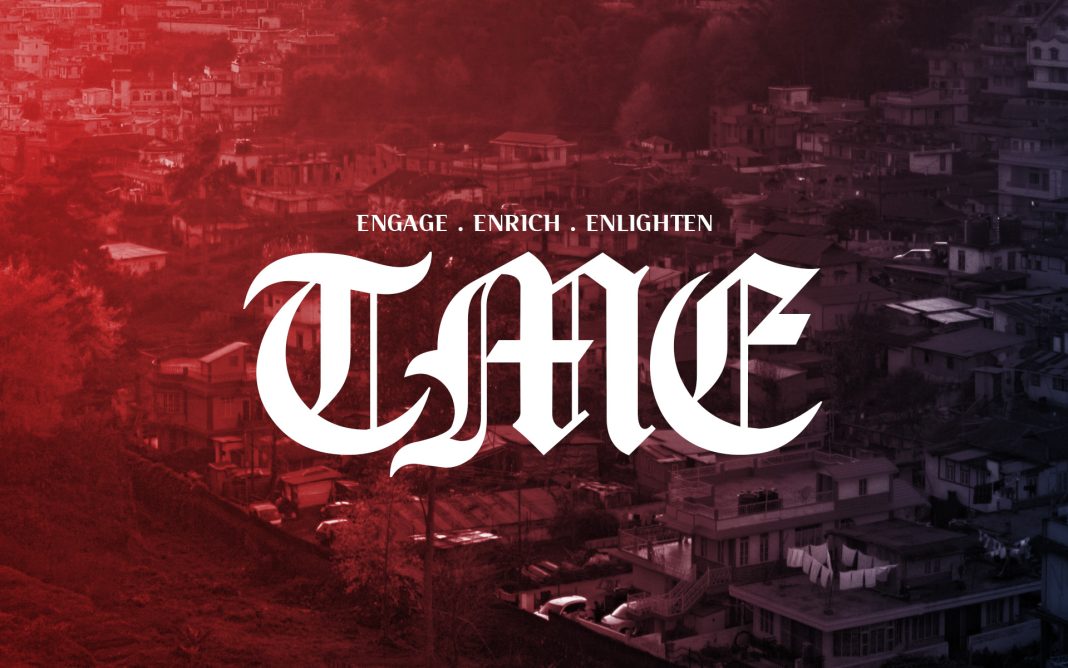
Guwahati, June 29: The Prabajan Virodhi Manch (PVM), an anti-influx body, has levelled serious allegations against the Assam government, accusing it of misusing the Garukhuti Bahumukhi Krishi Prakalpa in Sipajhar to benefit political leaders at the cost of indigenous communities.

The organisation claims that exotic breed cows intended for the state-run agro project have been diverted to influential politicians without transparency or accountability.
Addressing a press conference in Guwahati on Sunday, PBM convenor and Supreme Court lawyer Upamanyu Hazarika criticised Chief Minister Himanta Biswa Sarma for what he called a betrayal of the indigenous population.
He alleged that Minister Jayanta Malla Barua and others received cows from the project under dubious circumstances, turning a public initiative into a personal asset base for political elites.
“This is not just another scandal,” Hazarika said. “It reflects how indigenous people have been systematically cheated under the pretext of evicting foreigners.”
Launched in August 2021, the Garukhuti project was announced as a flagship initiative to reclaim over 77,000 bighas of land in the Sipajhar Revenue Circle from encroachers allegedly of Bangladeshi origin.
The land was to be used for a large-scale agriculture and dairy project that would “feed all of Guwahati.” While over 6,000 bighas were cleared during eviction drives, Hazarika pointed out that more than 90 per cent of the encroached land remains untouched.
Meanwhile, indigenous villagers who had traditionally used the land for grazing and farming have been denied access. Hazarika noted that approximately 2,000 families were evicted as part of the project and relocated to Dalgaon with just one bigha of land each and limited cash support.
In contrast, he said, indigenous people displaced from areas like Amchang and Silsako—whose Indian citizenship is undisputed—received no rehabilitation, exposing a double standard in how land reclamation is applied.
The controversy gained traction after reports surfaced of exotic cows vanishing from the Garukhuti project. As questions mounted, Chief Minister Sarma defended the situation by stating that the animals were “sick and dying” and that their removal by politicians actually helped the project.
He added that selling them through auction would have risked smuggling to Bangladesh. Hazarika dismissed the Chief Minister’s explanation as an afterthought, saying that no such claim had been made by the project chairman or the minister prior to the public backlash.
He argued that no veterinary reports or official documents have been released to support the claim that the cows were unwell or at risk of being smuggled.
“The Chief Minister has once again twisted facts to serve a political narrative,” Hazarika said.
Beyond the issue of the missing cattle, the PVM accused the government of using the Garukhuti project to legitimise encroachments rather than eliminate them. According to Hazarika, the project has empowered encroachers while further marginalising the local indigenous population, who now find themselves excluded from land they once used freely.
“In the name of protecting Assamese identity, the government has helped the very people it claimed to remove,” he said. “The result is a project that has failed its core purpose and has been reduced to a political resource.”

The PVM has called for a full and transparent investigation into the handling of land and livestock under the Garukhuti project. The organisation is demanding public disclosure of all cattle transactions, veterinary records, land usage data, and the role of political leaders in resource allocation.





